In a significant step towards curbing terrorism, over 100 financiers of terror activities have been successfully prosecuted and convicted in Nigeria over the last two years.
This milestone was announced by President Bola Ahmed Tinubu during the opening ceremony of the 2025 National Anti-Money Laundering, Counter-Financing of Terrorism, and Proliferation (AML/CFT/CPF) Summit held in Abuja.
Represented by the Secretary to the Government of the Federation (SGF), George Akume, President Tinubu commended the Office of the National Security Adviser and the Attorney-General of the Federation for their pivotal roles in achieving this success.
The President emphasized the government’s focused strategy of targeting the financial infrastructures supporting terror groups such as Boko Haram and the Islamic State–West Africa Province (ISWAP).
This proactive approach has significantly weakened the operational capabilities of these organizations.
READ ALSO:
Governor Yusuf Commissions Streetlight, 5km Road Projects In Ganduje’s Hometown
“By taking away the funds and resources behind these groups, we are denying them the ability to terrorise our communities. This approach aligns with global best practices in combating serious crime,” said the President.
The Tinubu administration’s anti-crime efforts in disrupting criminal financial networks include the National Anti-Money Laundering and Counter-Terror Financing Strategy, National Anti-Corruption Strategy, and the National Drug Control Master Plan.
According to the President, these strategies focus on combating crimes that harm Nigeria’s global reputation and hinder citizens’ ability to conduct business internationally.
The Tinubu administration has also invested heavily in the upgrade of the capacity of law enforcement agencies like the Nigeria Police, Economic and Financial Crimes Commission (EFCC), Independent Corrupt Practices Commission (ICPC), and the National Drug Law Enforcement Agency (NDLEA).
Related News
These efforts, said Tinubu, has led to a more effective crackdown on organised crime networks.
The summit highlighted the critical role of the private sector in combating financial crimes.
Financial institutions, capital market firms, lawyers, and accountants serve as the first line of defence.
Tinubu said that “an efficient private sector is crucial to Nigeria’s ambition of becoming a middle-income country.”
He consequently called for regulatory predictability and efficiency.
The President added that efforts by regulatory agencies like the Central Bank of Nigeria (CBN), the Securities and Exchange Commission (SEC), and the National Insurance Commission, have strengthened financial supervision.
He also noted that the Special Control Unit Against Money Laundering in the EFCC has worked to ensure compliance across financial and non-financial businesses.

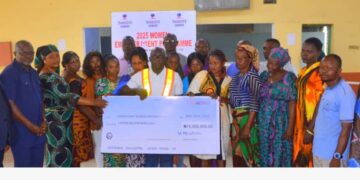

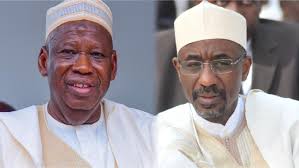



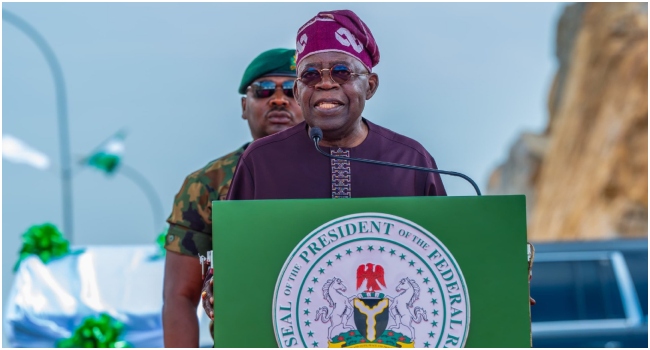





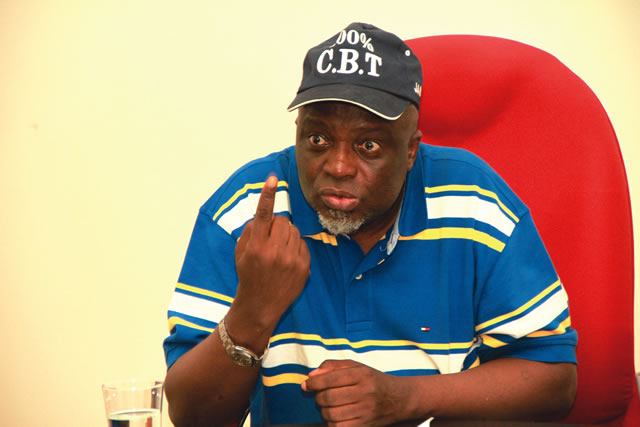
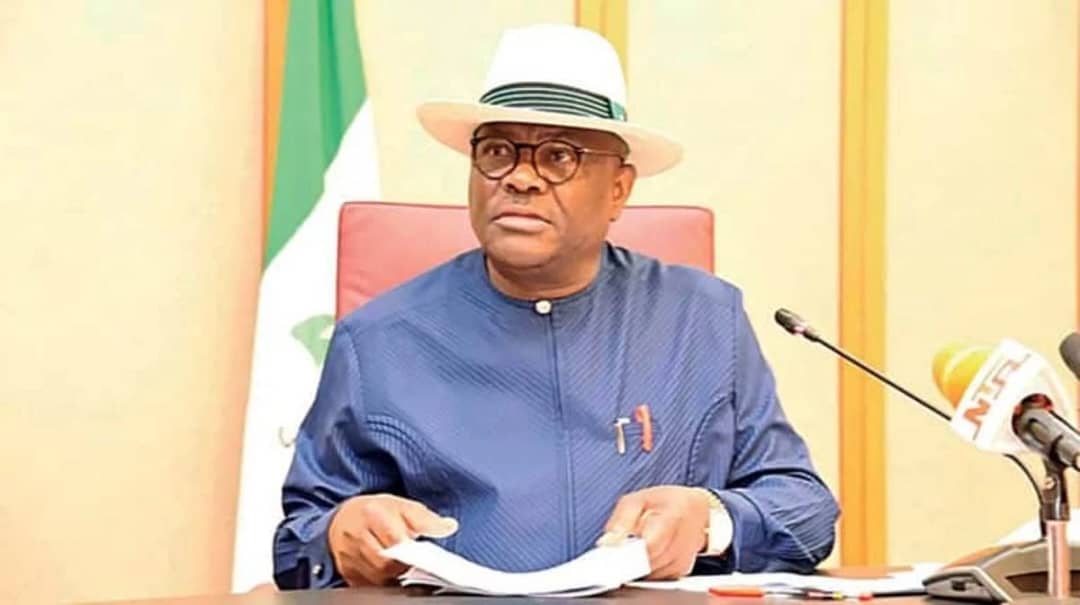
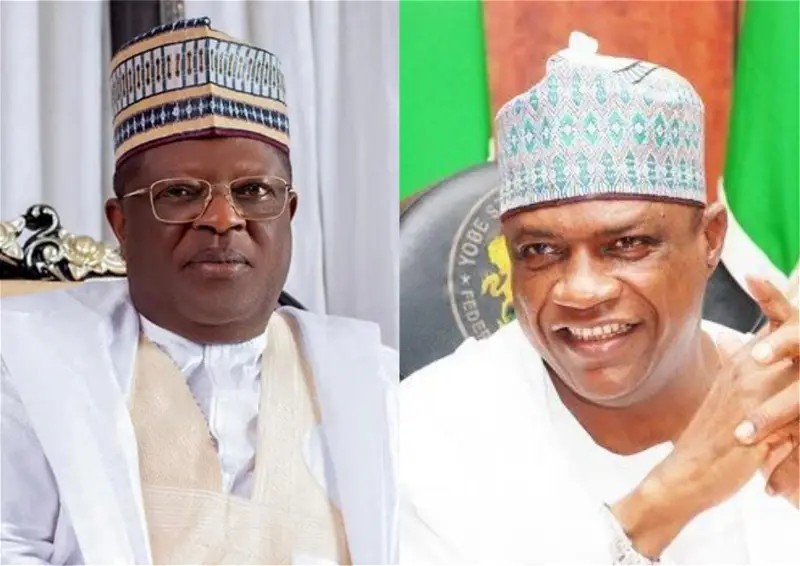







 You can install this WP plugin on your website from the WordPress official website:
You can install this WP plugin on your website from the WordPress official website: 